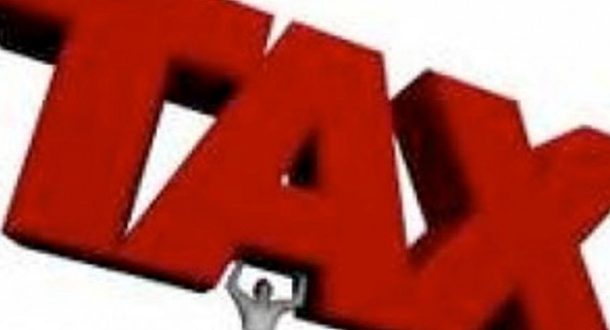Some taxpayers and businesses in the country have expressed disquiet about the delay in setting up the Independent Tax Appeals Board (ITAB), which is expected to resolve tax disputes between the Ghana Revenue Authority (GRA) and businesses or individuals.
In March 2021, the finance minister assured parliament that the board would be constituted by June 30 – a promise which is yet to be fulfilled. One major adverse impact of the delay in forming the board is prolonged disputes and unresolved litigations in courts – leading to uncertainties which may result in loss of funds.
Speaking on a Quarterly Tax Dialogue Series programme organized by the UK Ghana Chamber of Commerce, a Tax Partner at PwC Ghana, Abeiku Gyan-Quansah, lamented that the delay in constituting the board is not healthy for tax dispute resolutions in the country.
“In October 2020, we passed an amendment to the Revenue Administrative Act to say that GRA should not involve itself so much in dispute resolution. This is because businesses need certainty. Businesses do not prefer the courts in tax dispute resolution, but rather a higher administrative body. Still, nobody has been appointed to the board,” he said.
Mr. Gyan-Quansah recalled the frantic efforts that went into the amendment to get government to accept the position of private businesses in establishing the ITAB.
But reacting to the issue, a Special Aide to the Commissioner General of the GRA, Dominic Naab, explained that there was an earlier misunderstanding as to which government agency was responsible for setting up the board, hence the delay.
According to him, “GRA erroneously thought that it was its mandate to put in place the committee to serve, and so quickly hit the ground running”.
He stated that the law, however, places the responsibility of forming the board on the Ministry of Finance to prevent a conflict-of-interest situation on the part of the GRA. Mr. Naab assured that the Ministry of Finance will soon be notified to constitute the board in order to resolve misunderstandings between businesses and the GRA.
About the ITAB
One of the ITAB’s mandates is to hear and determine appeals against decisions of the Commissioner-General with respect to objections to tax decisions under the Revenue Administration Act, 2016, Act 915 as amended. Per the law, a person who is dissatisfied with a tax decision affecting him or her directly may object to the decision within 30 days of being notified of the tax decision.
Composition of ITAB
According to the law, the composition of ITAB is expected to instill confidence in taxpayers and reduce the amount of litigation. The board is expected to have a chairperson of not less than 10 years’ experience in tax practice, who is a lawyer of not less than 10 years standing at the Ghana Bar or a retired Superior Court Judge.
In addition, it must have two retired officers of the GRA not below the rank of Chief Revenue Officer, who qualify for appointment as tax consultants; as well as two other persons with the same qualification as the chairperson.
Also, the board will have two representatives of the Chartered Institute of Taxation, Ghana, nominated by the Institute – each of whom must have not less than 10 years of tax practice; and two representatives of the Institute of Chartered Accountants (Ghana) nominated by the Institute, each of whom must have not less than 10 years of practice. Finally, it will have two representatives from the private sector who are women.







